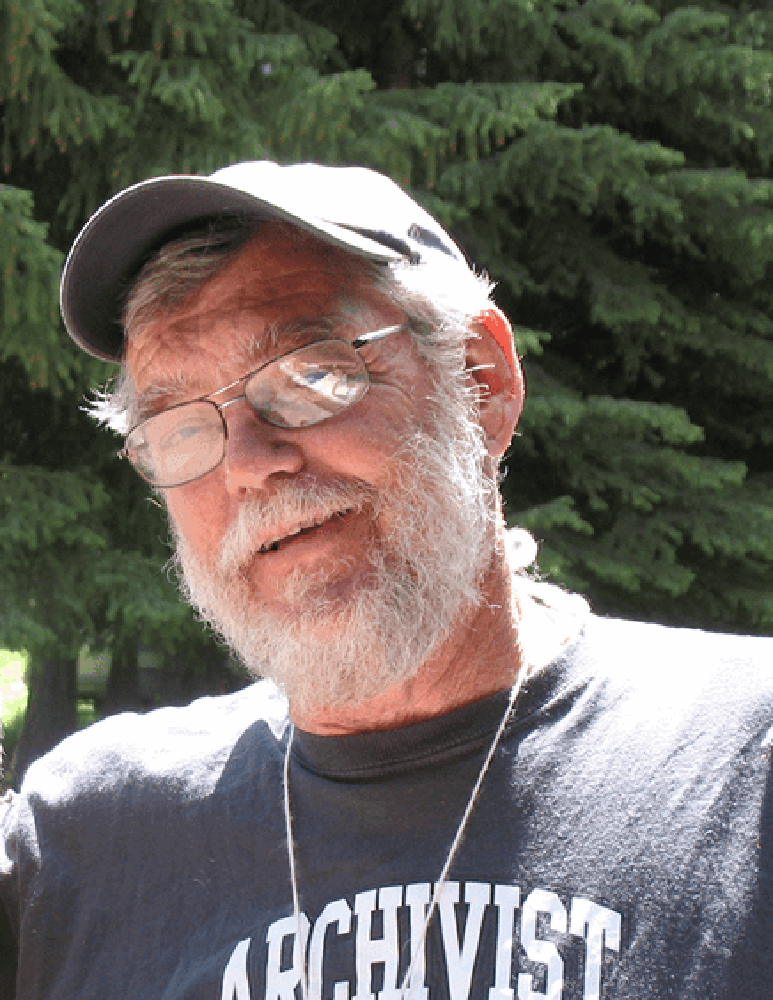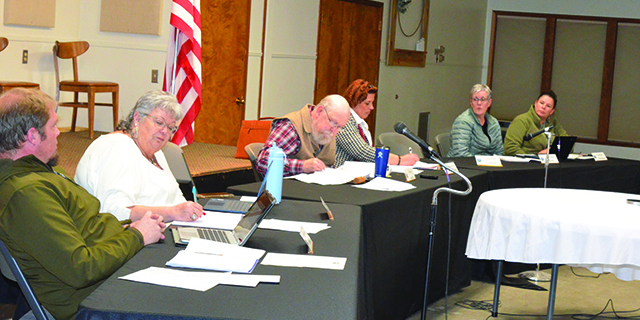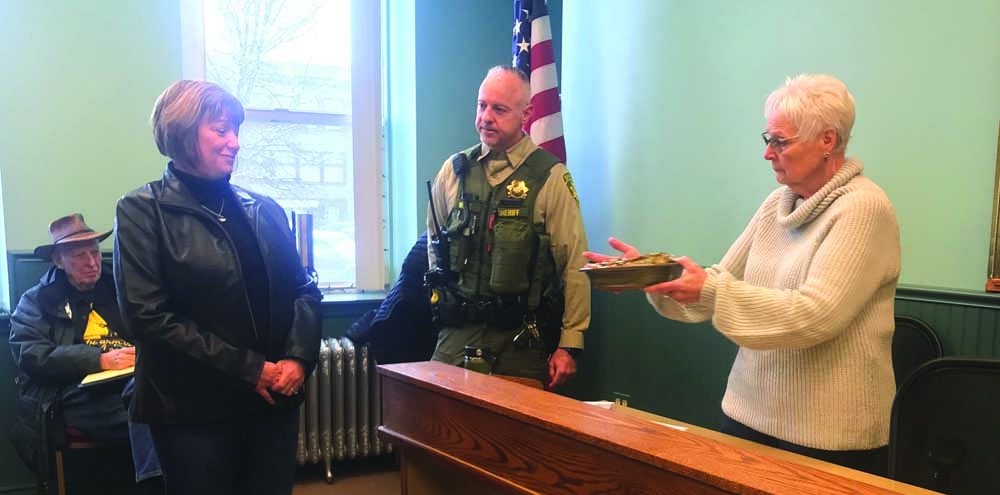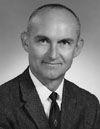Rich Wandschneider: Life in our vibrant small pond
Published 9:30 am Sunday, February 18, 2024

- Rich Wandschneider
I am continually impressed with the musical, writing, medical, scientific, and agricultural acumen here in Wallowa County. And it occurs to me that the world is made up of ponds such as ours. Presidents, prime ministers, and Taylor Swift get the national headlines. Only a handful of people across the country can find us on a map. But what a rich pond we have!
It struck me at a recent Fishtrap “Fireside.” Fishtrap puts on writing workshops and conferences, and brings regional and nationally known writers to the community. But “Fireside” features local writers. Over a hundred friends and neighbors turned out to hear local authors on that recent Friday. The readers were good; their memoirs of sheepherding in Hells Canyon and “trying” to teach English grammar to college freshmen delightful. They didn’t have books to hawk or credentials to flash — and they were people I knew.
On a subsequent Saturday night, Janis Carper and her Music Alliance presented three local pianists in their monthly “Tunesmiths” program. Almost a hundred listeners packed the Odd Fellows Hall to marvel at the skills of people they knew, and to listen and visit together with their own friends and neighbors.
My own organization, The Josephy Center, regularly turns out scores of people for art openings, fills classroom and ceramic studio with kids aged 4 to 84 for workshops, and in the past month hosted Ian Wilson on “Beavers,” the Wallowa Homeland’s new video on Tamkaliks, and writer Pam Royes talking about her book, “Temperance Creek.” We had over 50 people for each of these Tuesday noon meetings, all of which highlighted the work of local artists, researchers, and institutions.
Local researchers and researchers from afar roam The Nature Conservancy’s Zumwalt Prairie, looking for rare plants, for secrets of ancient grasses, and for the habits of wild and domestic grazers. In this case, a treasure in our backyard. We can easily visit the prairie, and stories from stewards and researchers are readily at hand.
Wallowa Lake is its own treasure, and with its moraines, the prairie and the canyon country, attracts artists, photographers, and scientists from around the world. They attract us — the people who live here — too, and some of us are fine artists, photographers, and scientists. The Wallowa photo club turns out an annual calendar that rivals national calendars. And local photographers show up on national Audubon calendars. Still, they and we live here, and are audiences for each other.
It strikes me that the world is full of ponds like ours. Some are richer than others, some a bit larger or smaller, more focused on one specific art or science or natural resource. But in each of these ponds people live out meaningful lives outside of big city headlines. We cheer at our kids’ ball games and haul them and their horses and sheep to the county fair. We ski, hunt, fish, watch birds and flowers in this place we call home. Increasingly, we learn ancient history of our place in fossils and geological formations, and the more recent and tragic history of the Nez Perce people our white forbearers forcibly removed almost 150 years ago. Many of us grow richer lives welcoming Nez Perce descendants and their culture home.
We are constantly learning to swim in our pond, learning more about it as we do.
Some of us, and some in small ponds like ours everywhere, might dream of writing a bestseller or selling a bronze sculpture for millions, of rising from local to national politics, or riding the rodeo circuit to the national finals. Some do. Famous people, politicians, athletes, scientists, and screen stars, come from small towns and valleys like ours. But the dreaming might be more important than the realization of the dream; there’s no guarantee that the one life is better than the other.
On Sunday I went to a play in Elgin, “Murder on the Orient Express.” Elgin, in my 50 years in the county, has often been a disparaged sports rival and mill town. But in recent years the old Opera House has been refurbished and a theater culture born. That culture brings in actors and audiences from La Grande, its college, other nearby communities, and from Wallowa County.
The play was performed in a converted garage, a small space that packed in 70 or 80 theatergoers. The lead role was played by Kevin Cahill, a retired La Grande teacher who has appeared in scores of plays in and around La Grande over the past 40 years. All the actors were good, and Cahill’s detective Hercule Poirot was outstanding. Wow, I thought, Kevin could have taken his acting to a bigger stage.
But he’s got his own rich pond, and one close enough to ours that we can share.





